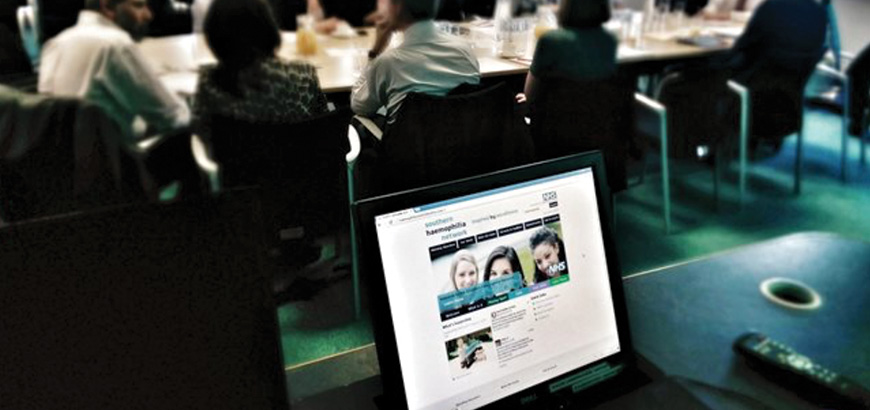If you have a bleeding disorder it is even more advantageous as it enables you to build muscle strength which can help to prevent bleeds.
Sport and Exercise
Exercise has many benefits. It helps to develop and maintain strong muscles which in turn will help to stabilise the joints. Weight bearing exercise and resistance exercises are beneficial for bone density. Exercising outside with sensible sun exposure will help you to get your recommended dose of vitamin D, which also helps to keep your bones healthy.
Regular aerobic exercise helps to improve cardiovascular health and will help to prevent undesirable weight gain. Exercise can also improve your mood and it is beneficial for mental health.
There are some sports which you may need to avoid or seek advice about prior to taking part. Generally we don’t recommend that you play high-contact or collision sports such as rugby or wrestling, as the risk of injury and bleeding is high. If you are unsure of whether a particular activity or sport is safe, you should talk to your physiotherapist or a member of the multidisciplinary team. We advise you to always discuss new exercise regimes or sports so we can advise you on how to protect yourself. For additional information on individual sports please follow the links below.
We advise that you discuss your condition and what to do if you have a bleed or injury with your PE teacher or coach, so that everyone understands how to respond. Furthermore, educating your coaches and team mates in your condition can help them to realise that you can enjoy taking part in sports just as much as everyone else.







